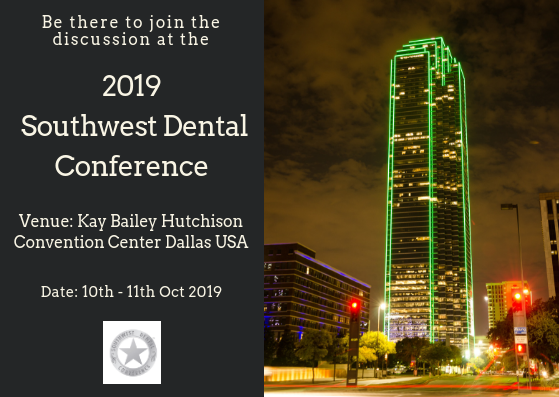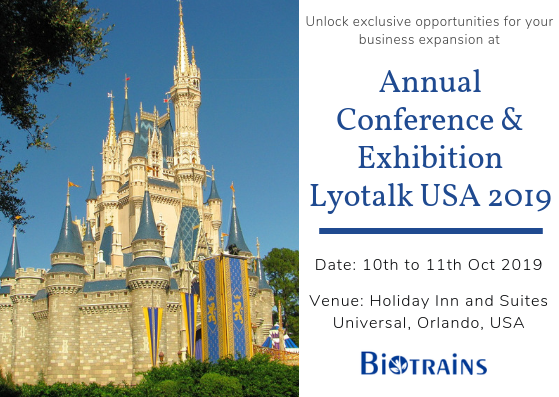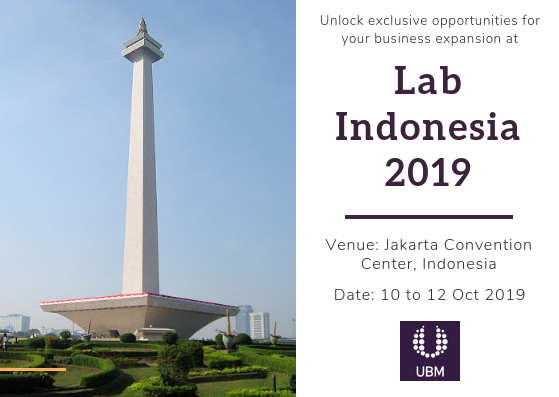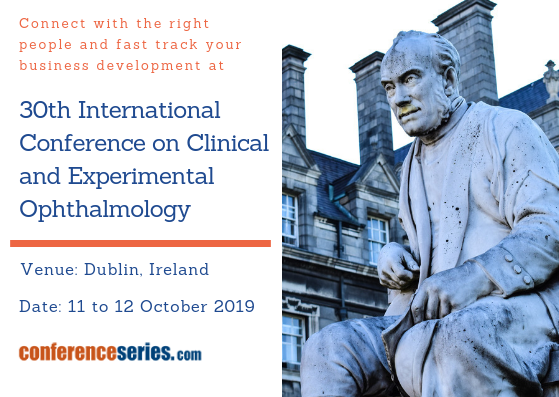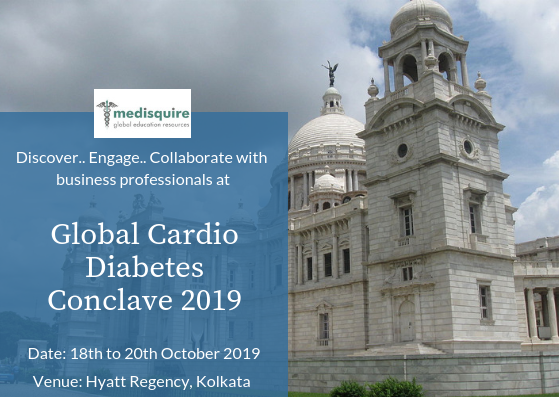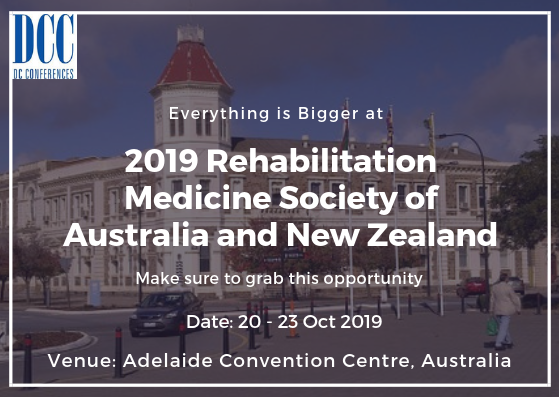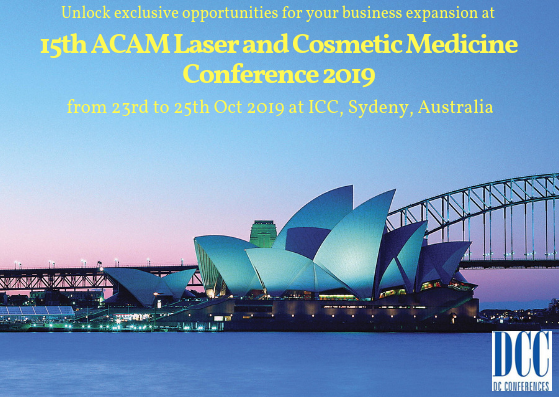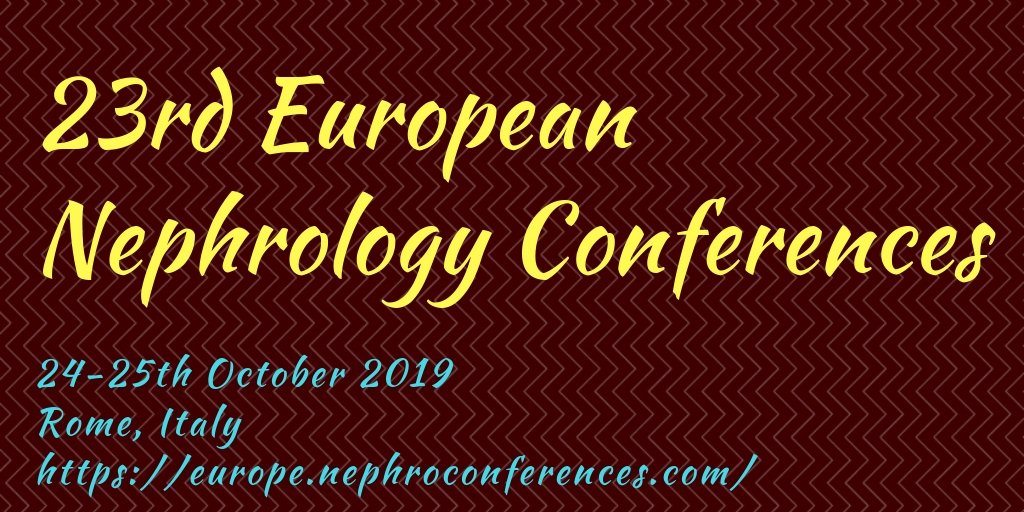This past week I was introduced to a new electronic medical record (EMR) that was implemented at the underserved clinic where I see the majority of my patients. After several months of receiving emails full of buzzwords such as improved care coordination and effective closed-loop med administration from the powers that be, I couldn’t help but drink the Kool-Aid and join the anticipated excitement of integrating an innovative source of technology into an over-booked and often overwhelming practice.
Where my mind was brimming with images of easy-to-use tabs, high-yield keywords and a system where clinic documentation could effectively reflect patient encounters using minimal time and effort, I was instead bombarded with yet another early ’90s-style template full of odd-sized buttons and novel concepts that were the far from intuitive. The spiked punch quickly wore off the minute I first fumbled through this bulky piece of technology, and I was back to spending hours each night typing away, well after seeing the last of my patients.
It goes without saying that the field of medicine is currently in flux. As our country continues to redevelop and rethink the way health care is delivered, it has never been more imperative to inspire effective innovation in just about every facet of patient care.
In order to better understand the true meaning of innovation and what needs to happen to better implement this concept to the ever-changing field of medicine, I sat down with Luke Tanen, executive director of the Chicago Innovation Awards, to hear what he had to say.
BS: The term “innovation” has been attached to a number of novel ideas without any regard to their quality or effectiveness. How do you differentiate between an idea that you consider innovative versus an idea that is simply new?
LT: There is a clear difference between something that is “simply new” and something that is deemed worthy of being called an innovation, but not all companies understand it. We often talk about the difference between “invention” (something new) and “innovation.” One of the most important aspects of a successful innovation is its acceptance in the market place. Something may be new, but if the market place doesn’t accept it, what’s the point?
People who truly understand the difference between a novel invention and innovation also know that it stems from a keen understanding of customers’ needs and wants. Innovation also involves creating something different, but that difference needs to be valued by the user. Think of it as “a difference that makes a difference.”
BS: Is a sector as big as health care too complex to integrate innovation on such a large scare?
LT: Innovation can and should happen in all industries, especially within health care, which is a rapidly changing and growing field. The key is to start small before taking a new product or service to scale. Companies that innovate well in other industries, such as 3M, Google and others, involve consumer input every step along the way.
It’s important to get lots of feedback from potential users and then incorporate those ideas into the final product or service design before initiating a full-scale launch. I bet your new electronic medical record would have been more successful if the developers sought your feedback, as well as that of other doctors who would be using the product regularly, before going to market.
BS: Is it better to look outside the field of health care to inspire innovation or within?
LT: The answer is both. A long time ago, Ford pioneered assembly line manufacturing for the automotive industry. That’s an innovation that has been translated to countless other industries. At the same time, health care professionals have an acute awareness of the specific needs of their customers, whether their customers are patients or peers.
A lot of innovation in the medical field comes from being a good observer of end users’ needs. You can’t innovate in a vacuum.
When global health care giant Abbott developed a new packaging design for its Similac baby formula, it did so only after watching how mothers interact with the formula container in one hand and a baby in the other. Smart Medical Technologies, a medical equipment start-up, created its unique Liftaem patient transfer system after seeing nurses struggle with transferring obese patients from hospital beds to stretchers.
Whether it’s looking within or outside the health care field, it is important to understand that end-users’ pain points often drive innovation.
BS: Who tends to drive health care innovation? Physicians and other health care providers or individuals outside the field of medicine?
LT: One common debate centers on the question of how innovation occurs within an organization. Does it come from employees at the bottom, or from senior executives at the top? While key insights about customer needs will come from hospital employees out in the trenches, an innovation initiative rarely happens unless there is buy-in from the CEO.
The reason is simple: it’s expensive.
The process to develop a new product or service requires substantial investment, both financial and time commitment from people within the organization. You often need the CEO to mobilize these resources.
There’s a good study that was done by Kuczmarski Innovation, an innovation consulting firm headquartered in Chicago, which found the critical link between the CEO and innovation. Without the support of the CEO, an organization is likely to continue “business as usual.” That’s why CEOs who place a high value on innovation — think Apple visionary Steve Jobs — have led companies that are changing our world.
BS: Coming from these trenches, what can I do in my own practice to promote and inspire innovation?
LT: Great innovators are great problem solvers, so you should constantly seek out ways to make things better. You should also ask a lot of questions that start with the words “what” and “why.” Perhaps you should begin exploring this concept by noting what specific issues you have with your current electronic medical record. What’s missing? What can be done better? Why haven’t the developers implemented your ideas in the first place?
Doing so will reveal insights into the underlying motivations behind certain actions and behaviors, which can be the impetus for developing a new solution to address a particular need or opportunity area.
It’s also important to realize that innovation can happen along many dimensions. It’s not just about new products or services. Innovation can also be a new process, a new business model or new experience.
Look at everything you do through the lens of an innovator. Take a risk by challenging the status quo, and most importantly, don’t be afraid to fail.
Originally written for The American Resident Project. Source














